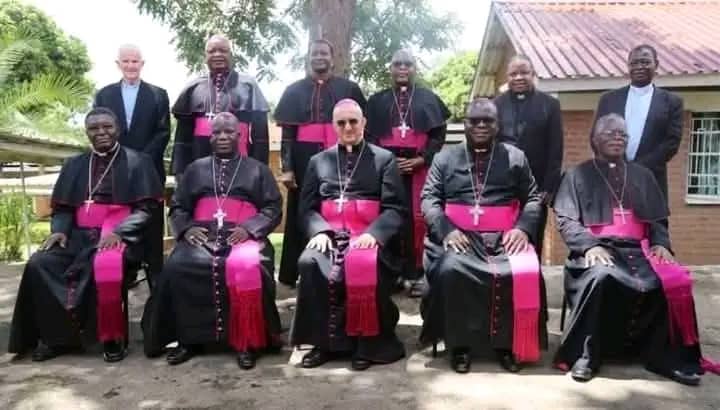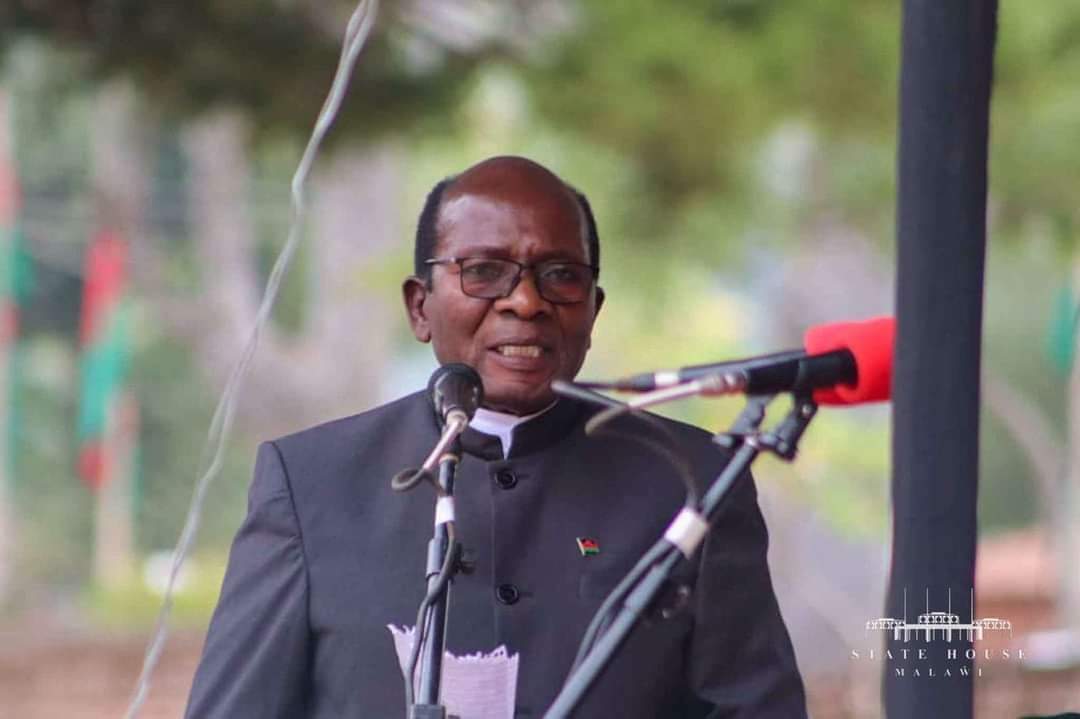By Burnett Munthali
In recent developments, Bon Kalindo has taken a bold stance against the current political landscape in Malawi, particularly targeting President Lazarus Chakwera and the ruling Malawi Congress Party (MCP). The group has been vocal in its criticism, highlighting the struggles faced by ordinary citizens amidst rising political tensions and economic challenges.
Bon Kalindo, led by the outspoken comedian and social commentator Bon Kalindo, has drawn attention to a troubling trend where a select group of artists reportedly received 80 million kwacha for performances aimed at promoting the government, despite widespread poverty and discontent among the populace. According to Kalindo, artists such as Dan Lu, Dalisoul, Mlaka Maliro, and Charles Nsako are allegedly being compensated handsomely—20 million kwacha each—to produce music that praises Chakwera and his administration.
Kalindo has raised important questions about the ethics of this financial arrangement, urging citizens to reflect on the true cost of such promotions in a country where many are struggling to make ends meet. “If MCP is genuinely doing well and Chakwera is effectively leading the country, why is there a need to incentivize artists to sing their praises?” he questioned. “Are we to believe that where there is sunshine, there is no need for persuasion?”
The comments reflect a growing sentiment among Malawians who feel that the government’s attempts to project a positive image are being undermined by the harsh realities faced by everyday citizens. Despite the significant funds allocated to these artists, many are struggling with basic necessities, leading to frustration and disillusionment with the current administration.
Kalindo also emphasized the importance of accountability, stating that true patriotism should not come at the expense of integrity. “We commend those artists who refuse to be bought with public funds to sing hollow praises,” he stated, acknowledging the courage of those who stand firm in their values amidst financial temptations. “It is vital for artists and public figures to remember their responsibility to the people rather than succumbing to pressures for monetary gain.”
This controversy has raised deeper questions about governance in Malawi, particularly regarding the relationship between politics and the arts. Critics argue that the government’s reliance on artists to create a favorable image is indicative of a lack of genuine progress and a desperate attempt to distract from pressing issues facing the nation.
The situation in Malawi remains precarious, with many citizens feeling the brunt of economic hardship. Kalindo’s message resonates with a growing number of people who believe that the MCP is on a mission that could potentially undermine the nation’s stability. “The struggles we face are not due to a lack of resources; rather, they stem from mismanagement and a focus on self-interest rather than the welfare of the people,” he asserted.
As Bon Kalindo continues to voice the frustrations of ordinary Malawians, their message serves as a rallying cry for accountability and genuine leadership. The group has called on citizens to remain vigilant and demand better from their leaders, emphasizing that the power lies within the people to shape the future of their country.
Ultimately, Bon Kalindo and his team are striving for a Malawi where leaders are held accountable for their actions, and where the voices of the marginalized are amplified in the political discourse. As the political landscape continues to evolve, the call for integrity, accountability, and genuine representation remains more critical than ever.
Burnett Munthali is a political analyst and journalist, focusing on the socio-political dynamics in Malawi and advocating for accountability and transparency in governance.



